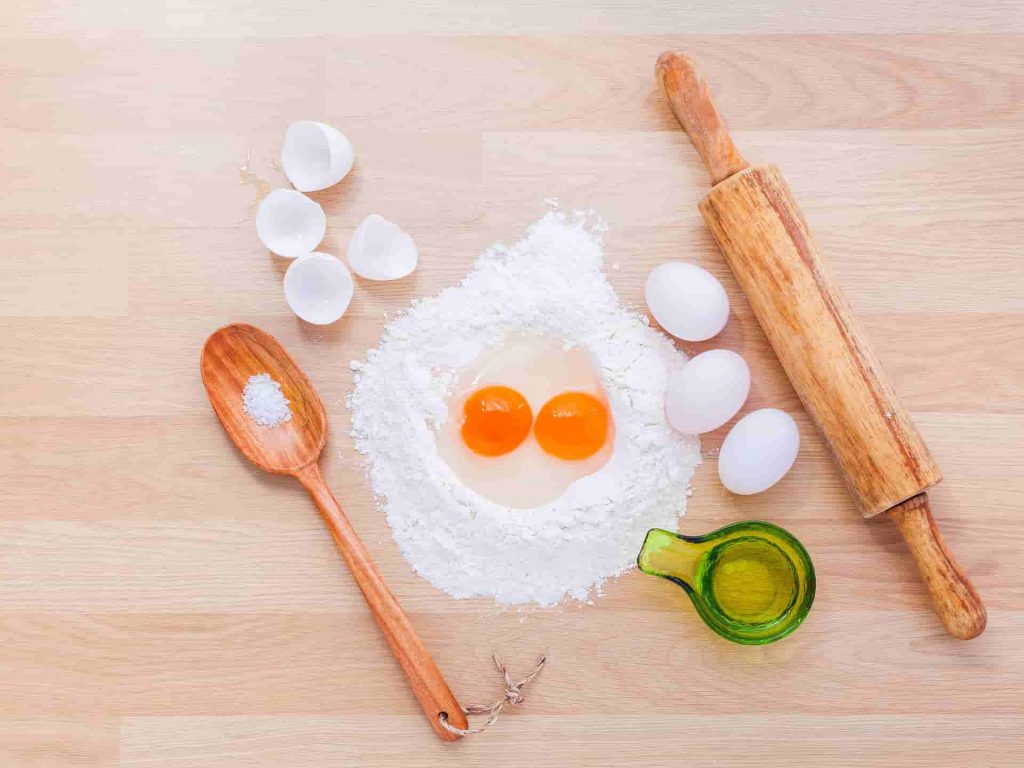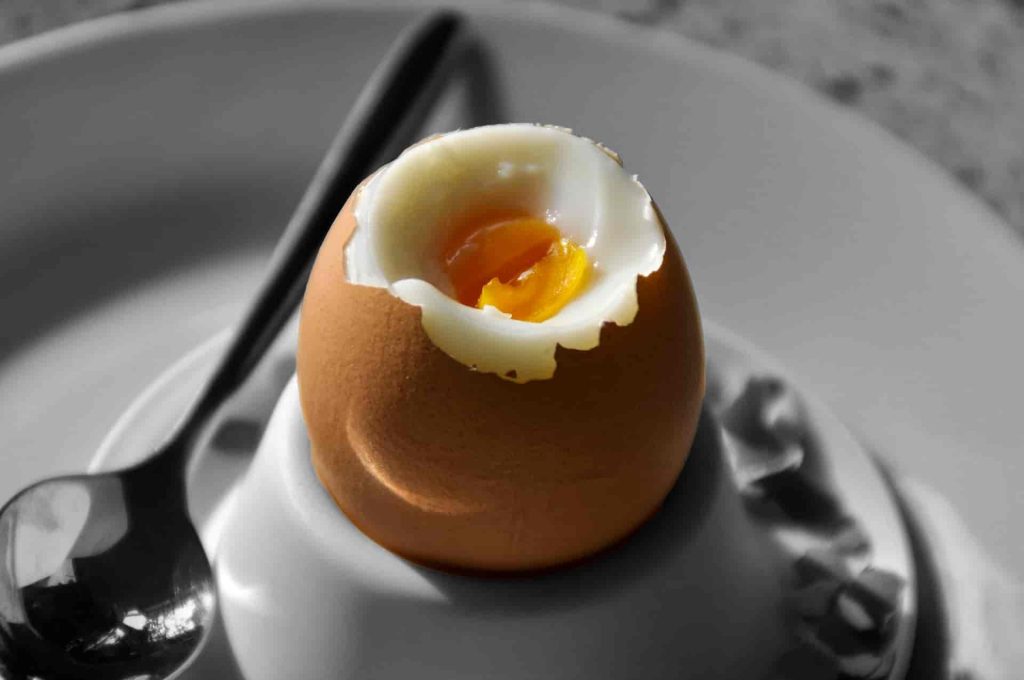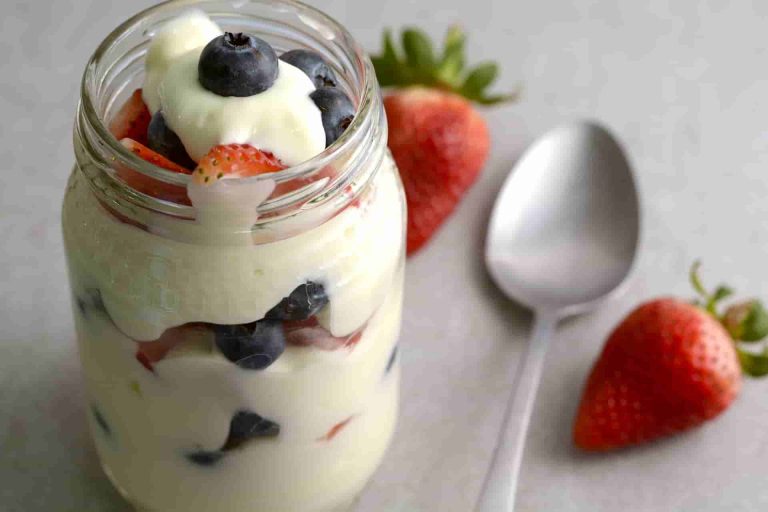Egg: Origin, Look, Taste, and use in the kitchen
Eggs perform a wide variety of tasks in the kitchen – whether they are used as a binding agent in dishes with minced meat or as a loosening agent for dough. Of course, they are also very tasty in their pure form, for example in the form of fried eggs, boiled eggs or omelets.

Since 2004, eggs that are sold in the EU have had to be uniformly labeled. The so-called producer code shows how each chicken was kept and where it came from.
Housing type: The first digit of the egg code provides information about the housing type.
0 => ecological production (organic)
1 => free range.
2 => floor farming.
3 => Keeping in cages.
Info: Eggs are an important supplier of high quality proteins (= protein). A medium-sized egg weighing around 60 grams has approx. 92 kcal – that’s the equivalent of 155 kcal per 100 grams.
Origin
The history of eggs is as old as that of chickens. Eggs have been consumed since time immemorial.
Look
Eggs have a non-symmetrical, almost oval shape. The hard shell can take on different colors depending on the type of chicken.
The typical eggs in stores are either light brown or white. However, there are also chickens that lay green or darker brown eggs and even a speckled grain is possible.
Inside is the egg white, a viscous, transparent liquid and in the middle the round egg yolk, also called yolk.
Taste

How an egg tastes depends on how it is prepared. A boiled egg tastes relatively neutral on the whole and is therefore usually seasoned with salt.
In the case of fried eggs, on the other hand, the taste of the frying fat prevails. Even in its raw state, egg tastes relatively neutral and is therefore usually mixed with sugar or salt for consumption.
Info: Although eggs are high in cholesterol, the assumption that eating eggs is responsible for high cholesterol increases is out of date.
How long can an egg keep?
How long eggs can be kept naturally also depends on how they are stored:
- Fresh eggs can be kept unrefrigerated for around 16-20 days.
- They keep in the refrigerator for around 3-4 weeks.
Tip: For dishes where raw eggs are processed, such as tiramisu recipes or mayonnaise, you should only use fresh eggs that are no longer than 12-16 days old.
Application / use in the kitchen
When using eggs, care should be taken to determine which egg size is meant in the recipe:
- Weight class XL (very large) Weight: over 73 grams
- Weight class L (large) Weight: 63 to less than 73 grams
- Weight class M (medium) Weight: 53 to under 63 grams
- Weight class S (small) Weight: less than 53 grams
However, eggs are also important ingredients in baking. There is hardly any dough that can do without eggs – eggs have the property of binding dough.
This is also used in the preparation of meat racks or bread dumplings.
Info: Due to possible contamination, you should always wash your hands thoroughly after coming into contact with raw eggs or eggshells. Cooking utensils should also not come into contact with the eggshells.
In savory biscuits, eggs loosen the dough and make it airy. When making the famous Wiener schnitzel, egg is needed to hold the breading on the meat.

